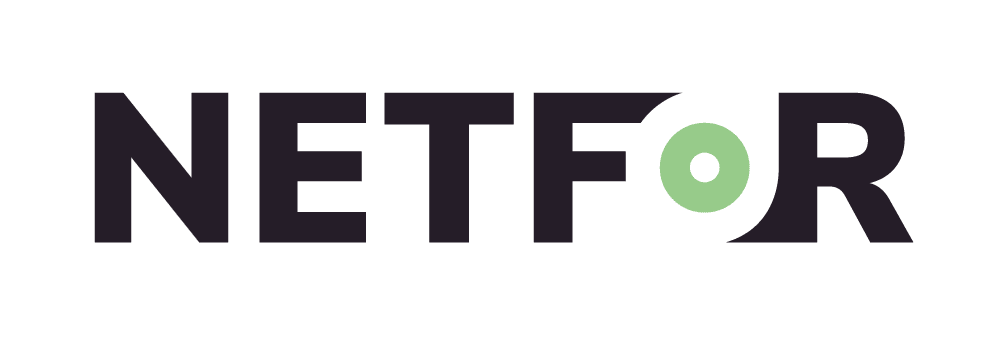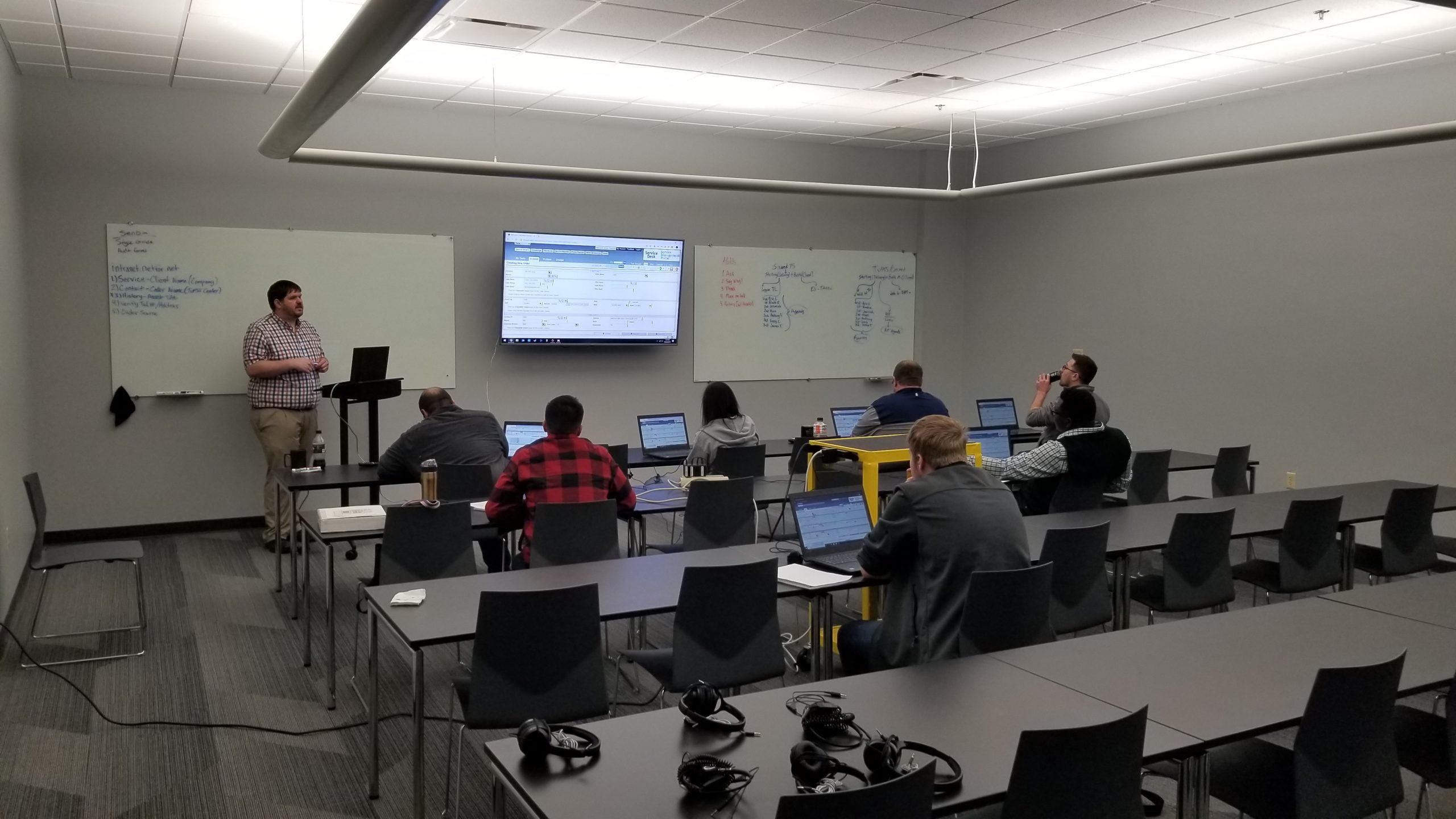“Government should run like a business” is a common refrain, and managers of government agencies at all levels — local, state, and federal — cringe whenever they hear it. Sure, they want their agencies to be as efficient as possible, but government agencies operate in a setting and under conditions that are vastly different from the private sector.
Managers are often reminded of that when they look to the marketplace for solutions to help them enhance their operations. Vendors accustomed to handling processes for commercial businesses aren’t always equipped to accommodate the unique aspects and limited resources of governmental functions.
That’s something Netfor learned early in our history, as we stepped in to provide support for government initiatives. We quickly recognized that providing high-quality outsourced services for government agencies demanded a staff that understood the unique challenges and had enough knowledge to act seamlessly on behalf of their counterparts within those agencies. Put simply, if one of our agents took a support call for an agency, they had to talk and act exactly in the same way a staff member of that agency would.
Most people assume the key is to hire agents who know how to deliver excellent service. Yes, that’s important, and we do hire carefully. But we learned long ago that it’s every bit as important to put the knowledge of our government clients into the minds and at the fingertips of those agents. Our goal is to equip our agents with as much general knowledge as possible, along with contextual knowledge to enhance their ability to resolve issues.
We accomplish that through a subject matter training process we developed and have continually refined. Our proven approach allows our agents to learn as much as humanly possible about our government clients, their objectives, their internal processes, their workflows, and the values and beliefs underlying everything they do. Just as important, it allows our team to come up to speed in a remarkably short time.
When Netfor establishes a relationship with a government agency, our account managers ask long lists of questions and listen carefully to the answers. We walk through processes and review potential outcomes. We learn which issues prompt the most support requests and how they can best be resolved. If we expect to gather information from callers, we not only learn what we need to ask for — we learn why each piece of data is important to the agency.
As we gain that knowledge, we create both a storehouse and paths for following it logically. We do that through multiple training approaches.
The first of these is developing quick reference guides summarizing critical knowledge into easily digestible chunks, which are in turn linked to more comprehensive knowledge articles. That way, agents develop a solid understanding of what the agency does, why people may need to contact them, what the most common issues are, how to resolve those issues, and when to escalate a contact to the next tier. We then train them on the flow of various types of calls. They learn the verbiage and tools the client uses, and become capable of asking the right kinds of questions. By the time they take their first call, they won’t sound like an outsider.
We use a learning management system to build a complete curriculum on each knowledge area. Recognizing that people learn in different ways, we assemble a variety of learning tools, from examples of actual calls to client videos explaining proprietary tools and processes. We use real-life examples to role-play situations agents are likely to encounter and quizzes to ensure they’ve mastered the knowledge.
Our platform is proven, but that doesn’t mean it’s static. For example, as the current generation has entered the workforce, we recognize they consume media differently, so we’ve created new learning tools. We’ve stepped up the use of brief videos to explain issues and processes. If an agent has a few minutes of downtime, they can download and view what they need to know. We’re also performing more training to agents in remote locations with tools that allow us to share screens to demonstrate, as an example, how to enter information into an agency’s portal and view and coach the agents as they handle those processes. Plus, we’re able to record those sessions so the training is available to others. And because newer entrants to the workforce are accustomed to two-way conversations online, we’ve built-in opportunities to share comments and feedback.
What does our proven framework mean to government agencies? In simple terms, it allows our team to handle calls and other processes on their behalf, using the language and procedures their internal team uses, and doing it in ways that build confidence and satisfaction among those who make support calls. Most of all, by outsourcing these processes to Netfor, agency employees are getting their days back. Instead of being bogged down by call after call, they’re able to focus their limited time and resources on more important tasks and initiatives that might otherwise be neglected. That means employees are happier, too!

